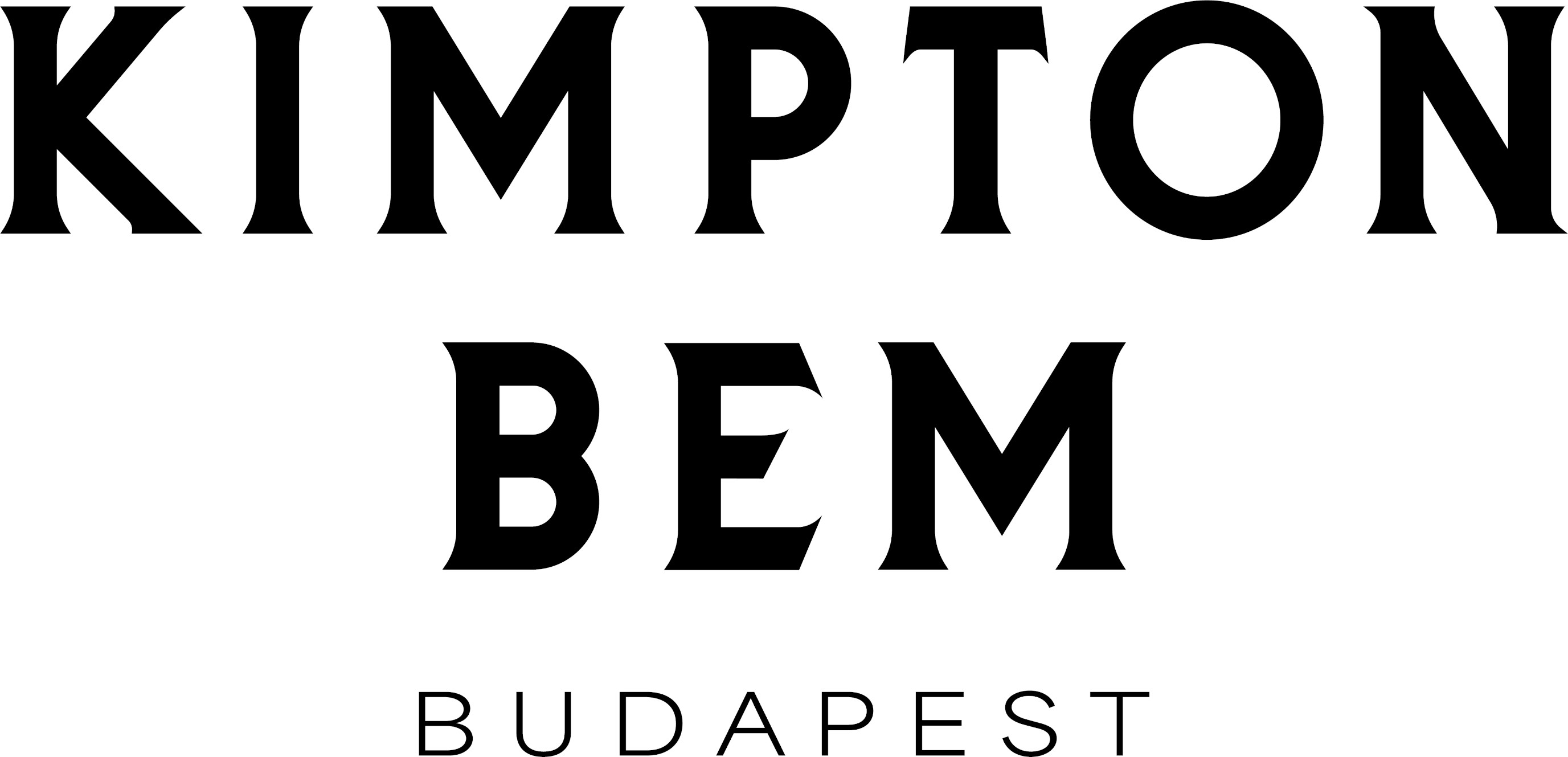Interview With Hungary's PM Orbán In The Wall Street Journal
- 22 Jul 2013 9:00 AM

The Prime Minister stated that in 2010, there were a lot of bad trends, such as rising government debt, but now Hungary is one of the few countries where government debt is falling. In terms of the budget deficit, the country is now out of the EU’s excessive deficit procedure, while foreign trade is increasing and the external account is in surplus, he pointed out. The Prime Minister also added that the number of taxpayers has risen to some 4 million as opposed to only 1.8 million in 2010, and incomes are rising in real terms due to low inflation, salary increases and cuts in public utility rates.
Talking about the country’s opening to the East policy, he pointed out that the French and the Germans are 15 years ahead in this respect, and therefore it is natural for Hungary to want to catch up. Without raw materials or major energy sources, the country has to be open, innovative and modern.
On the role of the state as an actor in the economy, Prime Minister Orbán differentiated between times of prosperity and times of crisis. He said that generally the role of the state should be limited, but even then vital sectors such as natural gas pipelines or the electricity network should be properly regulated or kept and operated by the state. However in times of crisis, its role is to help the economy out of the crisis and Hungary’s strategy is to achieve this through creating jobs.
The Prime Minister emphasised that the revenue structure of the budget cannot be changed until government debt is reduced to below 50% of GDP, meaning that until then the targeted tax system will remain in place. How long this would take depends on the performance of the eurozone, he stated.
Speaking about the new Constitution, Prime Minister Orbán pointed out that Hungary was the last country in the region to adopt a democratic constitution. This constitution states that the economy is based on labour and freedom of business and requires a balanced, transparent and sustainable budget, while placing limits on public debt, he highlighted. The aim is to turn an entitlement-based society into a merit-based one, the Prime Minister added.
Discussing the possibility of Hungary joining the euro zone, the Prime Minister pointed out the opportunities that go with being outside the zone, such as flexibility and broader room for manoeuvre. “To join the euro will require a strong, unified majority,” he said, since the constitution would have to be amended, which defines Hungary’s currency as the forint. This guarantees that it will not be a divisive issue, he added, stating that “whether Hungary joins will depend greatly on how well the new, integrated eurozone functions”.
Asked about the Tavares report, Prime Minister Orbán called what the European Parliament did “very dangerous”, as it is part of a stealthy, federative shift aimed at modifying the fragile balance between the EU and nation-states, a balance Hungary wishes to protect. The mainstream of European political thinking today is motivated by the notion of progress, declaring [historical] roots as enemies of freedom, which should be abandoned. However “without roots we are lost,” he stated. The Hungarian Prime Minister emphasised that Hungary is open to discussion on this issue as well, “but not in a way in which the mainstream defines what is modern or European”.
For the interview please click here.
Source: kormany.hu


























LATEST NEWS IN current affairs